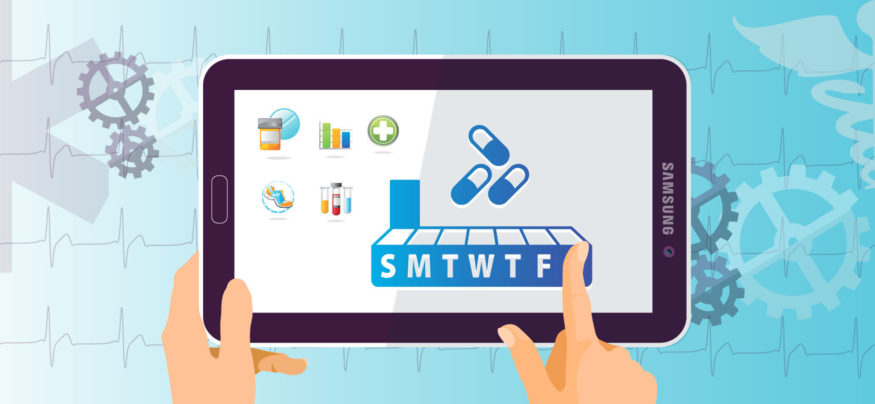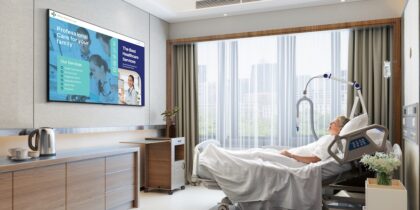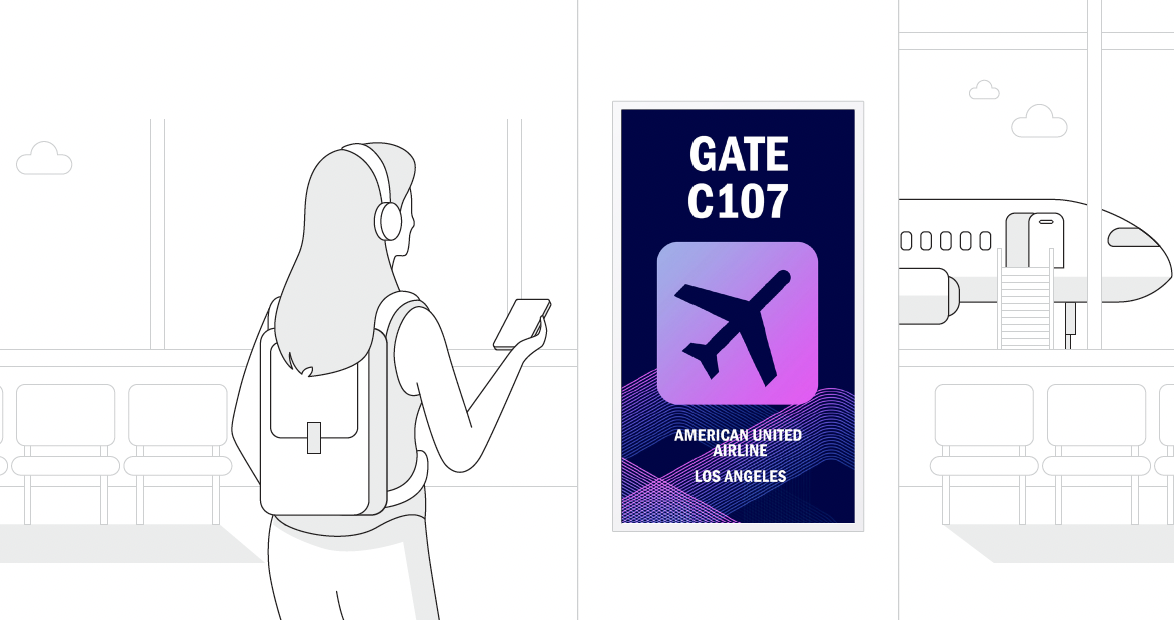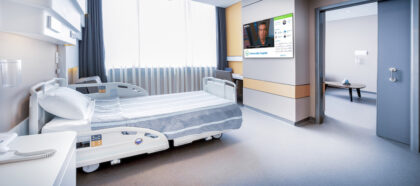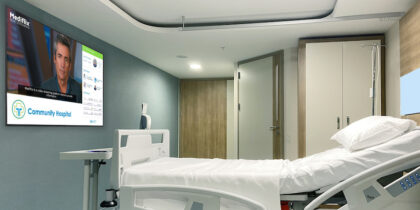People approach healthcare problems from different places, and on the issue of medication management, there’s widespread disagreement.
According to mHealth Intelligence, a recent report from Lux Research revealed that, while most medical professionals agree that mHealth tools can increase patient adherence to medication, doctors, payers, patients and pharmaceutical professionals disagree about which features of mHealth tools are most important.
Disparate Answers
Each of these groups represents different experiences with, and incentives around, medication management — what looks like a solution to a doctor might be an added inconvenience to a patient, an extra cost to a payer or an ineffective process to someone in pharmaceuticals.
The Lux study found that patients want better care management delivered through smart packaging, while doctors favor telemedicine solutions and are looking for technology that delivers medication. Pharmaceutical companies, on the other hand, are rooting for physiological monitoring (a solution wearables deliver), and payers want technology that confirms patients are taking their medications.
One solution that would come close to addressing all these concerns is smart drug delivery, a solution for delivering medication to the body and made from “smart materials.” The material, a gel, contains microcapsules and dye, each of which holds either a sensor or drugs that are released into the body. According to Inside Science, the gel becomes a solid once inside the body and “allows researchers to see the dye in the material through the skin,” letting doctors monitor how the drugs are affecting the body and control how much medicine a patient receives.
Are you taking advantage of healthcare mobility?
Understanding these five user personas will help you boost mobile adoption rates. Download Now
Diabetes Apps and Medication Management
Although smart drug delivery is a breakthrough, widespread use is a long way off, and we’re seeing benefits from technology in other areas of medication management. For example, Fierce Healthcare reports that monitoring apps, such as Medtronic’s MiniMed Connect app, provide benefits for young patients with Type 2 diabetes, according to a Cardiff University School of Medicine study.
The study found a decrease in blood glucose levels of about .05 percent in patients who were using a monitoring app. The big selling point for app-related solutions is their low cost — an important feature, as the number of patients managing diabetes is nearly half a billion.
The apps are straightforward and only require that patients track diet and food intake along with medication adherence. Still, with all the focus we’ve seen from developers on diabetes-management apps, they’re recommended for use in combination with other medication and self-management strategies.
The Caregiver Perspective
One perspective that the Lux study did not highlight is that of caregivers. People responsible for patient care — both now and in the future — are heavily on board with the use of mHealth tools that feature medication lists and reminders, according to a study by Parks Associates. Forty-one percent of future caregivers indicated that they were very interested in connected health app solutions for managing medications, while mHealth Intelligence notes that a separate study by HITLAB out of New York found that 70 percent of caregivers today are open to using mHealth to help manage care for a loved one in their home.
Still, adoption is low, with only 7 percent of respondents in the HITLAB study reportedly using mHealth technology, and 11 percent of respondents in the Parks Associates study using apps with medication management tools.
Those numbers point to the all-too-common disconnect between practical and effective use of technology in healthcare. As things stand now, it’s difficult to tell whether low adoption is due to lack of awareness, low levels of trust or simply the development community catching up to the real needs of patients.
As attention continues to shift toward patient adherence to medication, keep an eye on the economic growth of the market as well as developments in wearables, apps and even artificial intelligence.
Seniors are another group that can greatly benefit from mobile health solutions. Our home health technology improves seniors’ quality of life through secure and easy-to-use devices.
